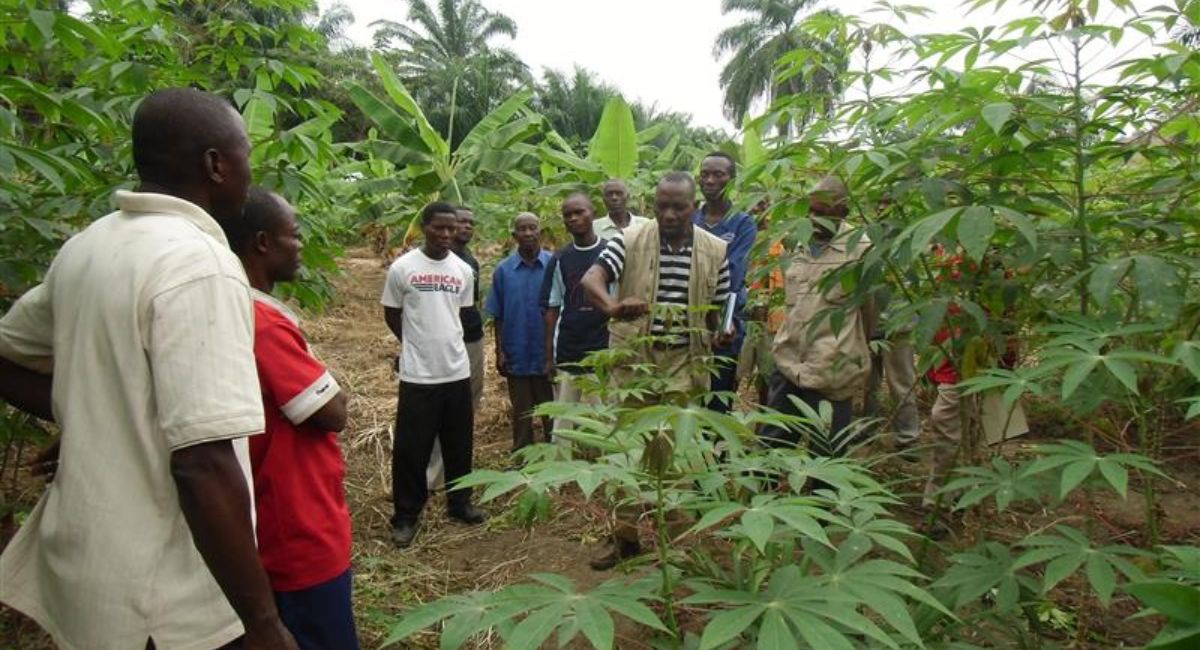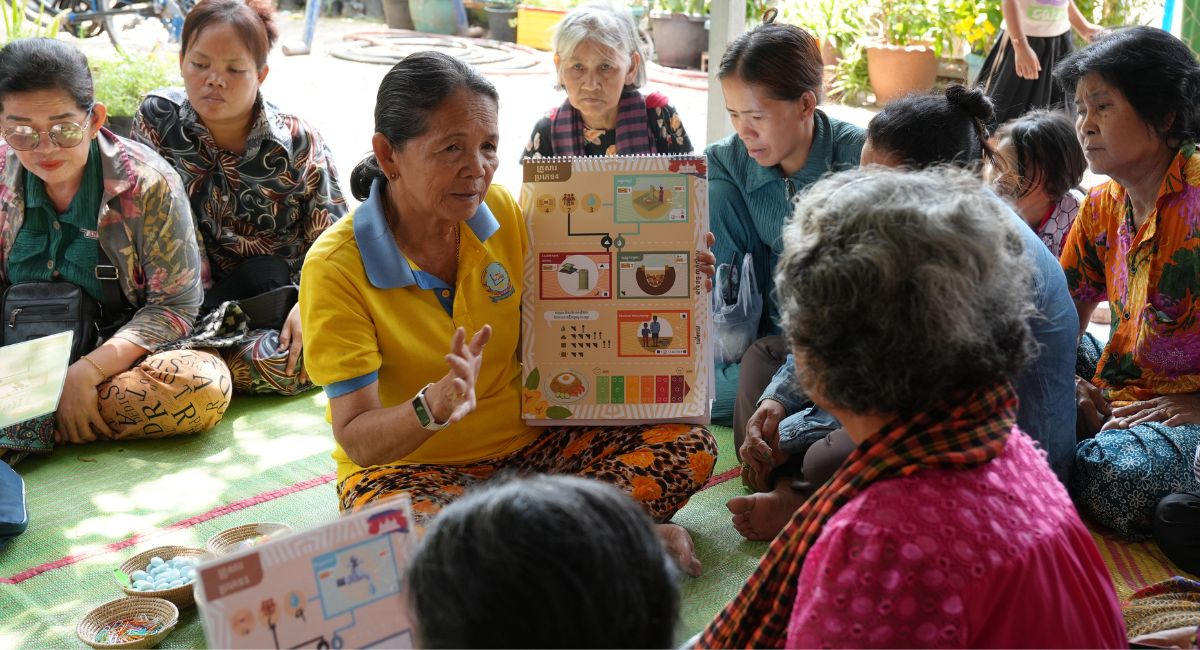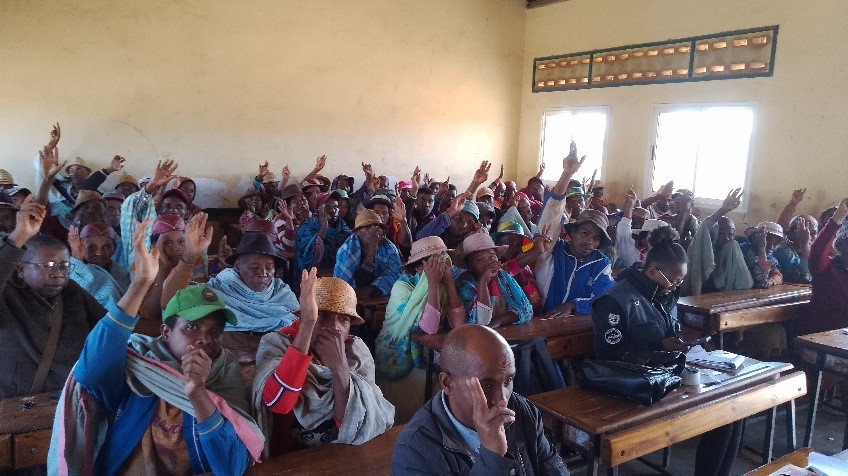Press release, 19 November 2024 – More than 3.6 billion people across the world have no access to safe toilets[1]. The ensuing health crisis creates risks for the wellbeing, health and dignity of millions of people. To mark World Toilet Day, which takes place every year on 19 November, GRET – which has been committed to fair development for more than 45 years – is calling for international mobilisation to ensure universal access to sanitation.
In 2023, the World Health Organization recalled that a lack of adequate sanitation systems exposes populations to increased risks of waterborne diseases such as cholera and diarrhoea, leading to hundreds of thousands of deaths every year, in particular children under the age of five[2]. “In light of this, we want to stress the urgency of investing in sustainable sanitation systems, particularly in densely populated zones and informal neighbourhoods, but also in rural areas where populations are often overlooked”, says Marion Santi, sanitation projects manager at GRET. “Access to safe sanitation infrastructure is a fundamental human right and it must be ensured for all”, she adds.
GRET calls for a general mobilisation
To ensure this right, GRET is calling on governments, international organisations, businesses and civil society to unite their efforts to create a world where people everywhere will have access to safe toilets ensuring their dignity. The theme of World Toilet Day 2024 is “Toilets: a place for peace”, highlighting the importance of supporting an inclusive sanitation service. A vision that GRET is sharing in its call for:
- Stronger international cooperation to achieve Sustainable Development Goal n°6, aimed at ensuring access to water and sanitation for all by 2030.
- Greater consideration of the needs of women and girls, who are particularly vulnerable in terms of hygiene and safety.
- Inclusion of sanitation in public policies to boost the roll-out of sustainable, fair services.
An integrated approach: GRET’s model
To formulate these proposals, GRET drew on more than fifteen years of sanitation experience in urban, rural and semi-rural contexts. This indepth knowledge of the field enabled GRET to develop an integrated approach for improvement of sanitation, working on the three segments of the chain: access to sanitation (toilets), evacuation of waste water (sewerage network or emptying service) and treatment. This approach has proved successful, for example in Burkina Faso, where 25,000 latrines were installed (including 4,000 for very vulnerable populations), enabling 130,000 people to use a toilet rather than open defecation. This action conducted by GRET demonstrates that providing access to sanitation systems for all is possible. “It’s also about social justice, public health and sustainable development” concludes Marion Santi.
Learn more:
Read the Mémento de l’assainissement (Sanitation handbook) (848 pages), in French only
Read about the project in Burkina Faso and another sanitation management project in Madagascar
Listen to the RFI radio show – “8 milliards de voisins” on World Toilet Day (48 minutes), in French only
See our web page on local essential services projects
Press contact: Marion Disdier, +33 1 70 91 92 33, disdier@gret.org
Founded in 1976, GRET is an international solidarity NGO that works from field to political level to improve the most vulnerable populations’ living conditions and promote social justice, while conserving our planet. Its actions are underpinned by an action-research approach, co-construction with communities and the creation of a vast network of partners. Learn more at gret.org
[1] UN World Water Development Report 2023
[2] 2023 WHO/UNICEF Joint Monitoring Programme (JMP) report on drinking water, sanitation, and hygiene





